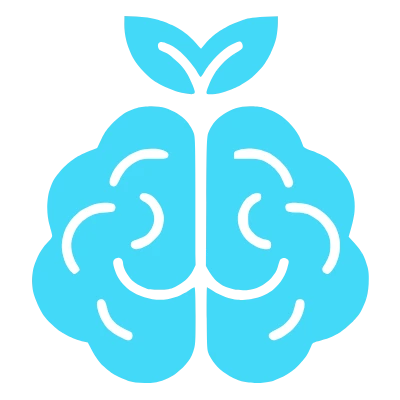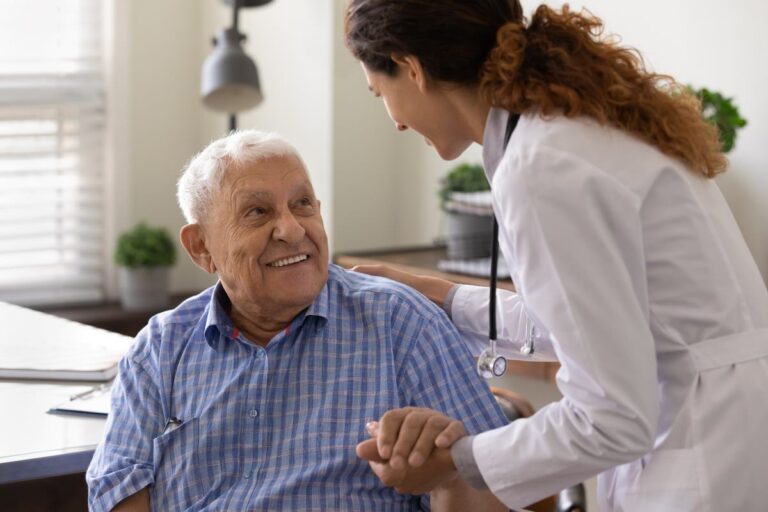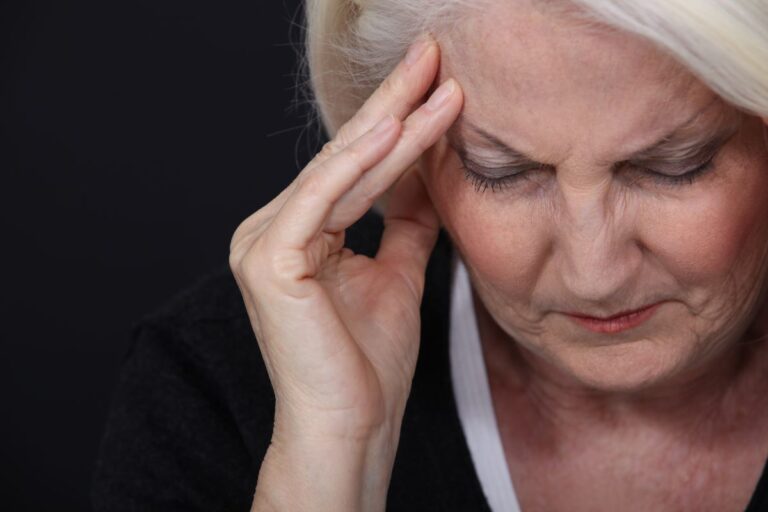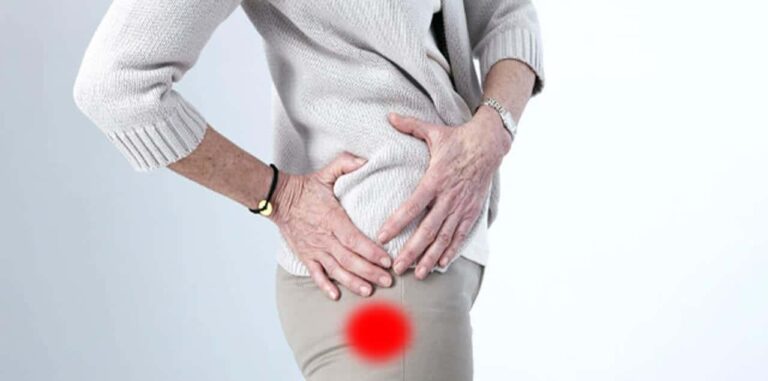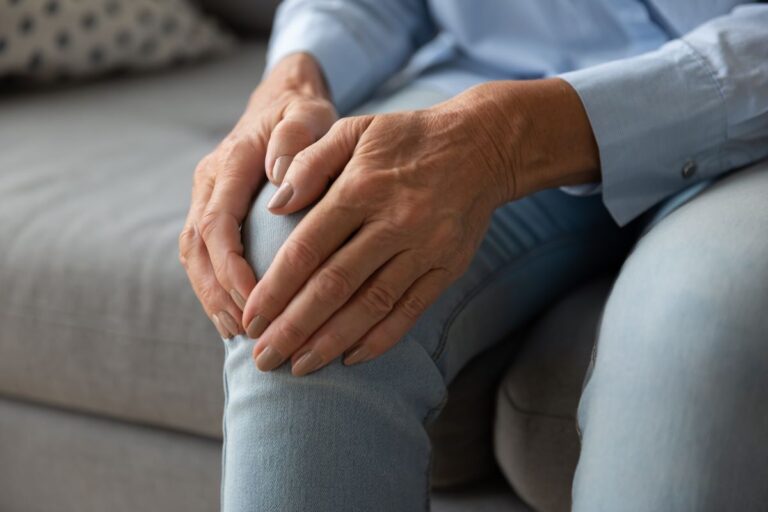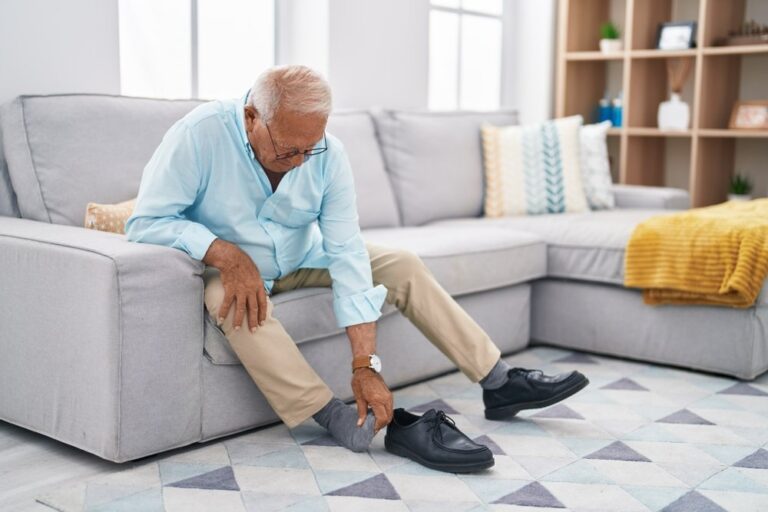The use of pacemakers is increasingly common among older people who suffer from heart diseases, such as atrial fibrillation. This implantable electronic device consists of an electrical pulse generator and cables, called electrodes, that are connected to the heart to stimulate it and regulate heart rhythms. However, although it helps the heart function better, it is advisable to know the possible complications and risks of a pacemaker in older people.
Main complications of wearing a pacemaker
Those derived from the surgical intervention itself for placement:
- Infection
It is possible that after surgery, and even some time later, an infection could develop at the site where the incision was made to implant the pacemaker.
- Healing problems
Some people may experience healing problems in the area where the pacemaker has been implanted, especially if they have circulation problems or diabetes.
- Poor connection or cable breakage
The wires connecting the pacemaker to the heart can become disconnected or broken, which can cause inadequate stimulation of the heart. This may require surgical intervention to repair or replace the leads or electrodes.
- Electromagnetic interference
Although modern pacemakers are designed to minimize interference with electronic devices, there is still the possibility that certain electromagnetic devices could affect the operation of the pacemaker.
- Pain or discomfort
Due to pressure from the device or irritation of surrounding tissues, some people may experience pain or discomfort in the area where the pacemaker was implanted.
Limitations of an older person with a pacemaker
While older people with pacemakers can lead active lives and participate in many activities, it is important to consider certain limitations and follow medical recommendations to ensure their safety and well-being, and reduce risks:
- Avoid strong electromagnetic fields
The security devices and arches in airports, banks, police stations, etc. They should not be crossed. To do this, it is necessary to always carry the pacemaker card that accredits you as such.
- Caution with certain medical devices and procedures
Some medical procedures and devices can interfere with the way your pacemaker works. That’s why it’s important to inform healthcare professionals about the presence of a pacemaker before undergoing, for example, MRI exams, radiation therapy, and certain dental procedures.
- Stay away from electronic devices
It is advisable to use your cell phone with the opposite arm to that of the implant, and never carry it in your shirt pocket close to your chest. Likewise, try not to stay too close to microwaves or induction cookers when they are on.
- Limitations in certain physical activities
Although many people with pacemakers can carry out physical activities completely normally, it may be advisable to avoid certain high-impact or strenuous activities that may place excessive stress on the heart. You should also avoid sports in which direct impacts may occur on the device. If you have any questions, it is best to talk to your doctor to find out which physical activities are most appropriate for each person.
- Avoid direct exposure to the sun
Although it is a rare situation, the doctor usually warns of the possibility that the device overheats and can cause burns if the person spends many hours in the sun, as happens on beaches and swimming pools during the summer.
- Avoid vibrating devices
Drills, chainsaws or similar machinery, as well as lathes used in the dentist’s office, emit high vibrations that can confuse the rhythm of the pacemaker. As far as possible, its use should be avoided.
- Do not press the device
The straps of bags or backpacks should not be placed over the device, nor should you wear tight clothing that could constrict it.
Tips for an older person who has a pacemaker
To ensure that the pacemaker works correctly and that the elderly person can lead a full and active life, it is advisable to follow some useful tips:
- Regular medical follow-up
Regular medical follow-up with your cardiologist is necessary to ensure that the device is working properly and to adjust its settings as necessary.
- Know your limitations
Although people with pacemakers can lead active lives, it is important to understand the specific limitations associated with the device. This may include avoiding certain types of strenuous physical activities or prolonged exposure to strong electromagnetic fields that may interfere with the operation of the pacemaker.
- Bring medical identification
Another tip for an older person who has a pacemaker is to always carry the identification card that indicates that they have a pacemaker. This can be very useful to avoid going through security arches or in case an emergency occurs, especially if the person is unconscious and cannot communicate.
- Inform family members and people around you of the situation
It is important that the family and close people (caregivers, family doctor, etc.) are aware of this condition and know the risks of a pacemaker in older people. This way they will be able to know how to act in an emergency.
- Alert with warning symptoms
Be alert for any new or worrying symptoms, such as dizziness, irregular heart palpitations, extreme fatigue, or fainting. Also if you notice the area of the implant is swollen, red or hot, or that the generator, instead of moving under the skin, is stuck to it, it will be necessary to seek medical attention immediately.
- Maintain a healthy lifestyle
A balanced diet, regular exercise and developing active aging are essential to maintain heart health.
Professional care for a person with a pacemaker
When it comes to caring for an elderly person who has a pacemaker, at the centers and residences we provide specific care to guarantee their well-being and safety.
Apart from medical follow-up, our staff is knowledgeable about this particular condition of the resident and the risks of a pacemaker in older people. Thus, we take the necessary precautions to ensure your well-being and are prepared to act quickly in the event of an emergency related to the pacemaker.
If you want more information about the Day Centers and Residences and the care and attention we give to our elderly, do not hesitate to contact us.
